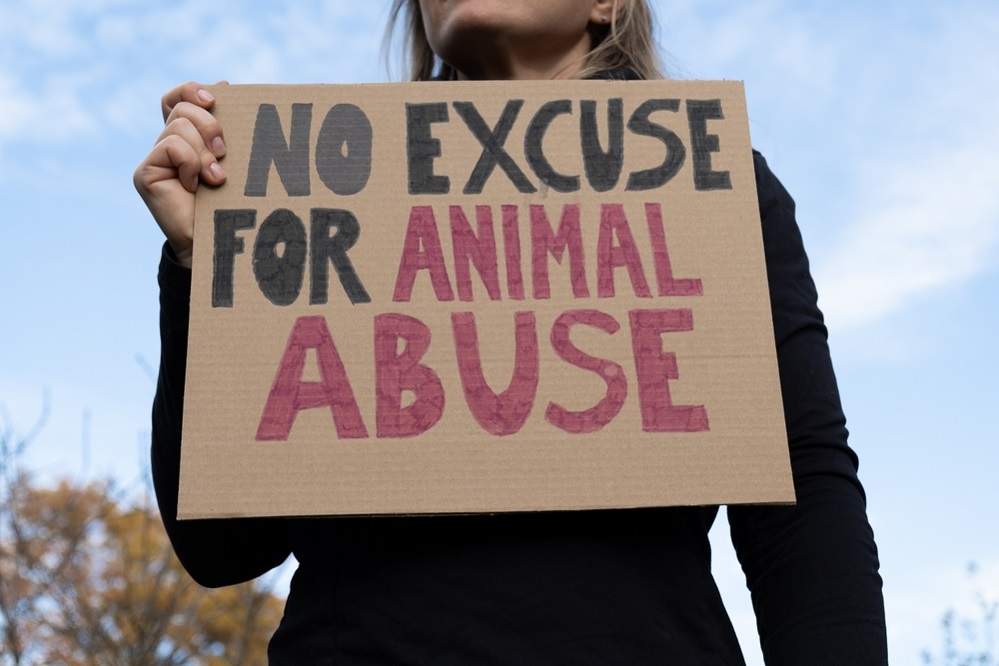You love animals, don’t you?
We all do, in our own way. Whether it’s the family dog, the neighborhood cat, or the majestic animals we see on wildlife documentaries, animals have a way of getting into our hearts and imaginations.
However, I’m about to burst your bubble. The truth of the matter is that millions of animals are experiencing deep pain and lack of necessary care in the world daily. This is a breach of trust that should send chills down the spine of everyone and make each one go through an awakening.
We’re going to take a deep dive into the horrific world of animal abuse – its massive scale, its many shapes, and the devastating effects on the lives of vulnerable animals. This won’t be an easy read, but it’s a conversation we can no longer leave untouched.

The Staggering Scale of Animal Abuse: The Harsh Reality
The statistics on animal abuse are just so shocking and disturbing. Approximately 10 million animals in the United States are abused or neglected to death each year based on the figures by Animal Shelter Count. This number might just be the tip of the iceberg as many incidents remained unreported.
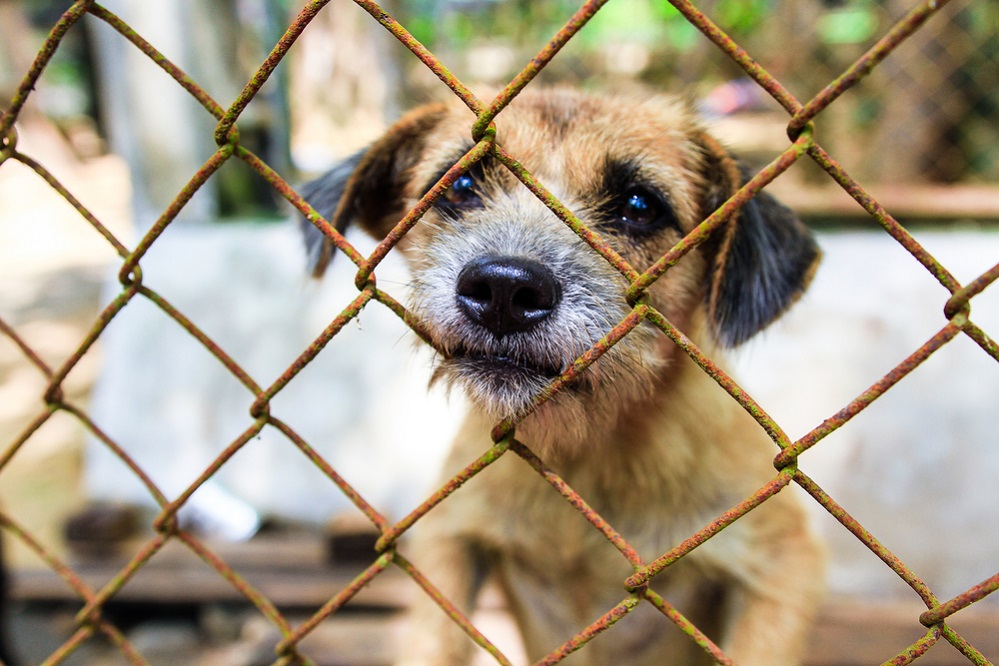
However, here we must understand that this problem is not only in America. Worldwide, at least one animal is abused every other minute with statistical figures provided by the same source. Animal abuse facts are a crucial aspect to consider, as these cruelties have no boundaries, nations, and economic class implications. From the animals at home to the wildebeests in the savannah, they are all affected.
Perhaps the most appalling aspect of this state of affairs is the practice of animal experimentation in laboratories. Across the US, more than 110 million animals are utilized and murdered in laboratories annually for the functions of different studies and experimentation purposes. These sentient animals, which can range from mice and rats to monkeys and huge mammals, are frequently subjected to death-defying operations with little care for their condition.
What Do We Mean by Animal Abuse?
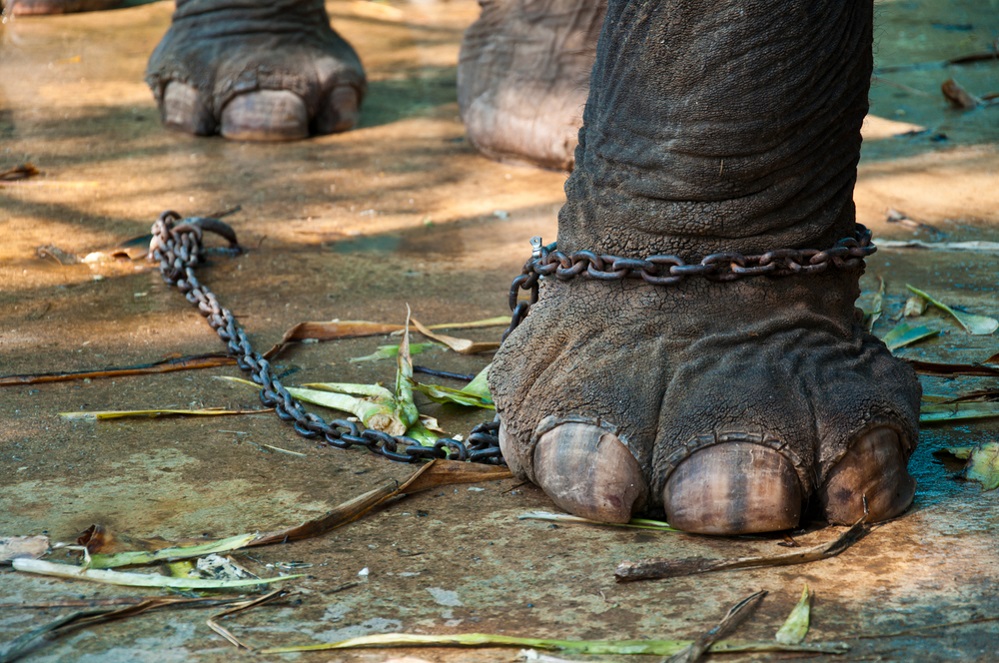
Nowadays, when we are talking about “animal abuse”, what do we mean by that exactly?
It features all forms of exploitation, such as physical and emotional abuse, as well as deprives people of the required needs. This can be symbolized by depriving or abusing animals in any way possible, whether that is through kicking, hitting, or intentionally inflicting pain, or denying them food, water, or veterinary care.
Animal abuse is not just about acts of direct violence but also includes the types of abuses that are more subtle like the placement of animals in inhumane and unhygienic places, or the exploitation of animals for entertainment or commercial purposes like animal testing. For instance, the fact that you are buying a pet from a puppy mill – which is a particular place where dogs are bred in horrible conditions – is considered an act of animal abuse.
The gravity of this situation is beyond imagination and the damage inflicted on those helpless animals is heart-breaking. However, the silver lining is that we can effect change. Through learning the various aspects of the wrongdoing and also how to identify and report it, every one of us should be a proactive and essential member in the process of stamping out this disrespect.
Puppy Mills and the Cruel Breeding Industry: Feeding Evil
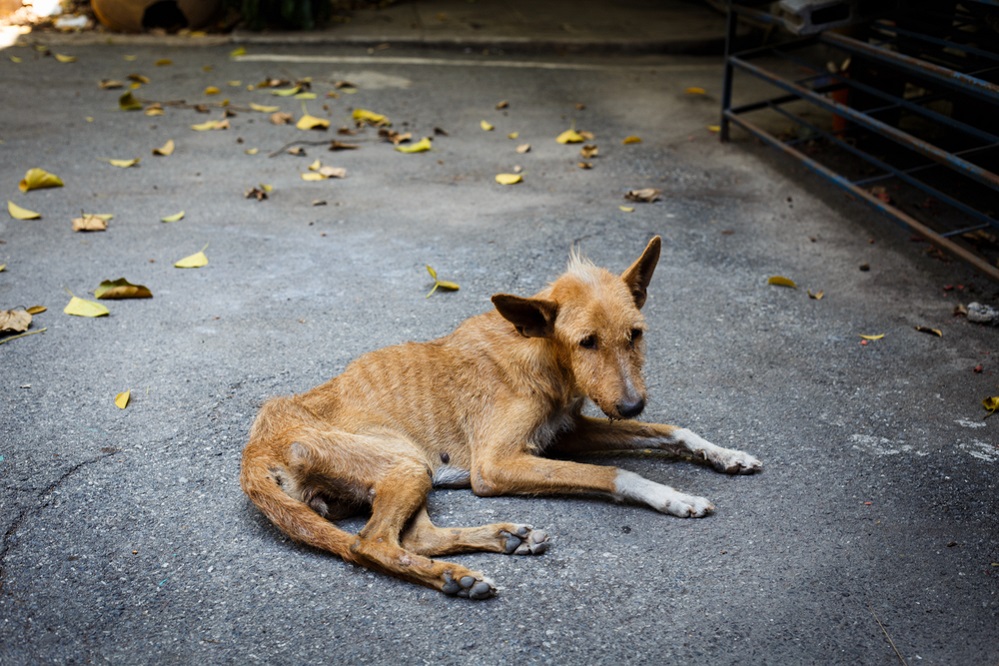
The dreadful side of the pet industry is the “puppy mill” network, which is a public disgrace. According to statistics around 10,000 facilities in the United States are identified as puppy mills, and these facilities are notorious for their inhumane conditions and the pain they cause to the animals.
Most puppy mill dogs are shackled inside filthy cages so small that they may barely turn around, given minimal medical care, and lack socialization and luxuries of a normal happy life. These animals are exploited and are mere breeding machines while their health and emotional well-being are not considered at all.
These puppies, subsequently, get sold to pet shops or online, and ultimately, a vicious circle is created, which promotes cruel and unethical practices.
Exotics in Captivity: An Eroding War on Endangered Species
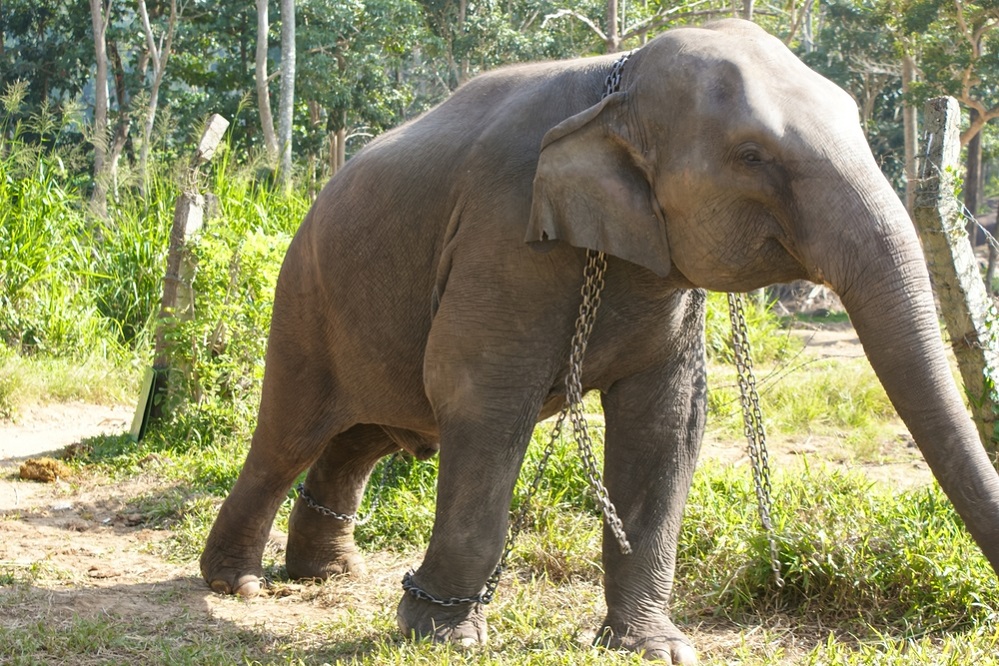
The keeping of exotic animals as pets including reptiles, amphibians, and predators is one of the major issues in the nurturance of exotic animals. Statistics show that nearly 75% of all the wild animals that are pocketed and kept as pets, including lizards, snakes, turtles, and tortoises, die within just one year of being made pets, according to Shelter Animals Count.
These animals, which are normally created to survive in the wild, suddenly find themselves in a domestic realm, where they have to face a multitude of challenges, from wrong living conditions and feeding to a lack of special veterinary care.
The driving force to own a “pet” that is “exotic “, which is usually fueled by social media and by the desire for newness, rarely sees the tremendous responsibility and competency that is needed while caring for such animals properly.
The Case of Tokitae: A Lifetime of Imprisonment and Suffering

A very tragic story that reveals the cruelty of animal incarceration is that of Tokitae, a captive and solitary orca whale in a small tank for more than fifty years. Tokitae (alias Lolita) was taken from her family pod in the wild and for most of her life she lived in a tank at the Seaquarium in Miami; this, among other factors, inspired much public debate about keeping orcas in captivity.
Apart from being highly intelligent, social, and free-ranging, orcas need the ocean to grow and survive. For generations, Tokitae has been living in a confined space no bigger than 80 feet long and 35 feet deep, without an opportunity to engage in her natural behaviors, such as diving deep, socializing with her pod, and swimming long distances.
The mental and physical consequences of this captivity are immense, consequently demonstrating the crucial violation of the trust that sadly underlies the exploitation of these extraordinary animals.
The Legal Landscape: Saving the Voice of the Voiceless
As a response to the seriousness of animal mistreatment, many national and regional governments have adopted animal abuse laws and regulations to manage this problem. In the United States, all 50 states have laws against animal cruelty, but the details of these laws may differ from state to state.
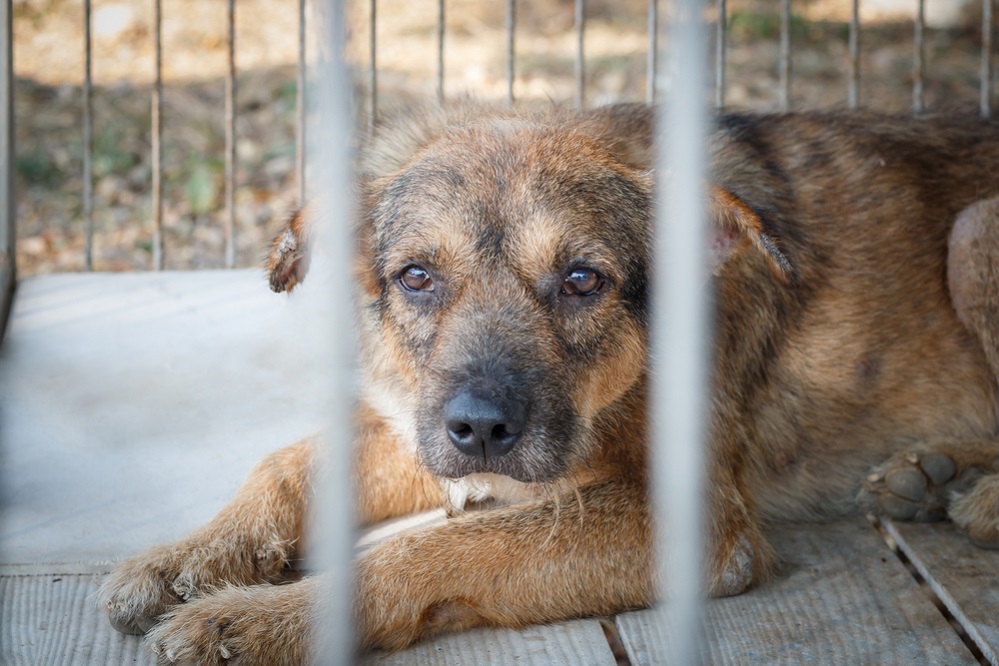
The Animal Welfare Act (AWA) at the federal level sets federal minimum standards for the welfare of animals in research, exhibition, transportation, and by dealers. However, the AWA was criticized for its limited jurisdiction and the loopholes that enable the mistreatment and torture of animals.
In recent years, the swing for stricter animal welfare legislation has been increasing, and some states are pioneers in this area. For instance, the breeding facilities are no longer tolerated in the pet stores of California, and the sales of dogs, cats, and rabbits were banned, which closed the supply channels.
Moreover, the Federal Government also considered the issue of animal abuse by passing the Prevention of Animal Cruelty and Torture (PACT) Act in 2019. This law criminalizes federal crimes such as brutally torturing animals by crushing, burning, drowning, and sexually exploiting animals.
Although such legal developments are welcome, the reality is that the enforcement and prosecution of animal abuse cases are still a great challenge. Insufficient funds, low public awareness, and the unfortunate presumption that animals have less legal status than humans are some of the aspects that are hurting the efforts to safeguard animals who are in the most danger of losing their lives.
Reporting Animal Abuse: A Key Step in the Advancement of Transformation
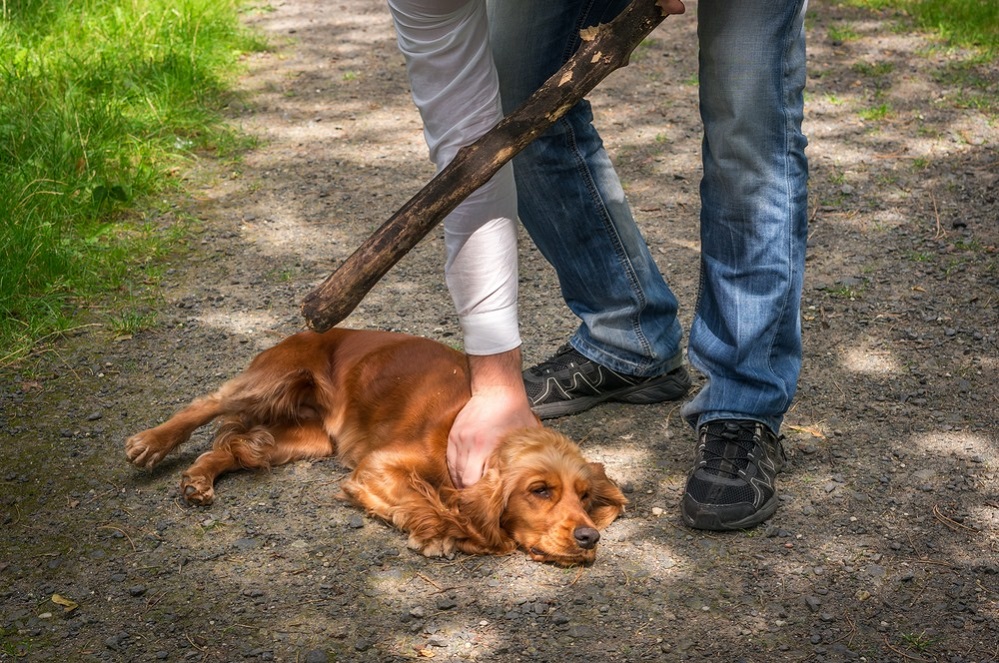
One of the most critical activities in the eradication of animal abuse is to identify possible cases and report them. However, some people are not fully aware of clear steps and they might be trying to avoid involvement because of the fear of retaliation by offenders or silence from authorities.
It is important to realize that reporting animal abuse is not only the right thing to do but may also be a legal requirement. In most areas, people who come across or find out about animal cruelty cases are obliged by law to report the issue to the right enforcement entities.
To effectively report animal abuse, it is vital to obtain as much data as you can, which should include the precise location of the abuse, the type of animals, and any evidence of neglect or deprivation.
There are many animal welfare NGOs and local authorities that are dedicated to facilitating the process through call-in lines and sites on the Internet. How to report animal abuse anonymously is a crucial step in ensuring the safety and well-being of animals in need
Sometimes, people can remain anonymous when they file a report on animal abuse. It can be especially important for those who are living in abusive domestic circumstances or who have some other fears about being retaliated on.
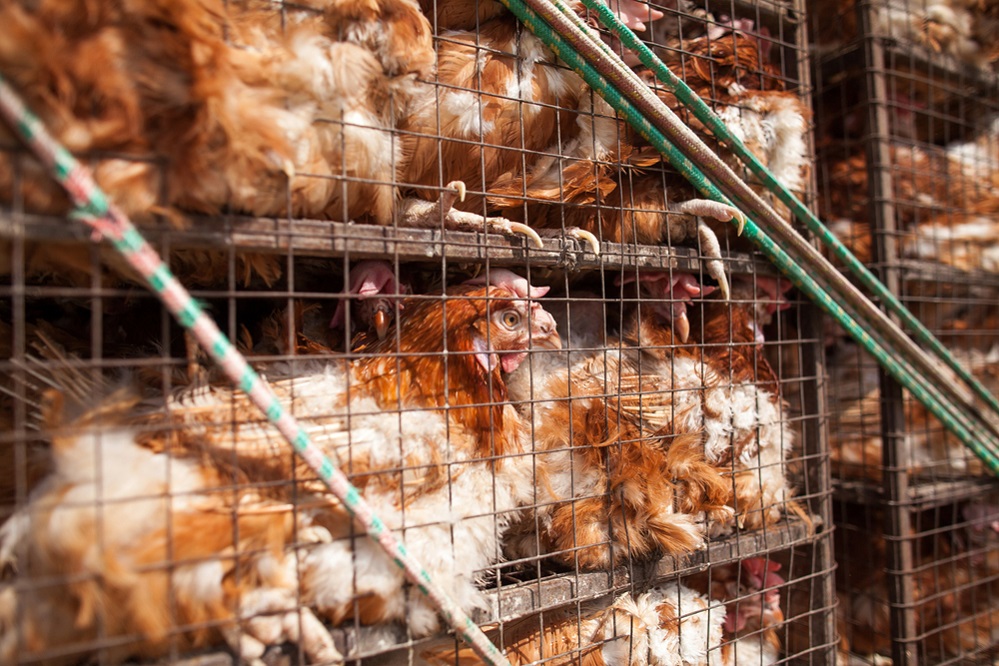
Nevertheless, you should always adhere to the pattern of the local reporting protocols because there is a possibility that they may not be the same everywhere, according to the availability and procedures of the anonymous reporting.
A Call to Arms: Become a Part of an Initiative to End Animal Abuse
As we come to the end of this expedition into an unpleasant world of animal cruelty, I ought to express to you, the reader, the passionate appeal. Human-animal betrayal of trust is a reality through which we must all act together and commit ourselves.
But you, yes you, the one reading these words – you have the power to influence. This scale of the crisis could be overpowering, though each of us has the power of being a source of change.
My strongest advice is to not look the other way. Do not persuade yourself that this is another person’s issue to resolve. They are just like us in a way that they can feel and they deserve the same respect as we do. They should not be left alone in their despair, they need our support.
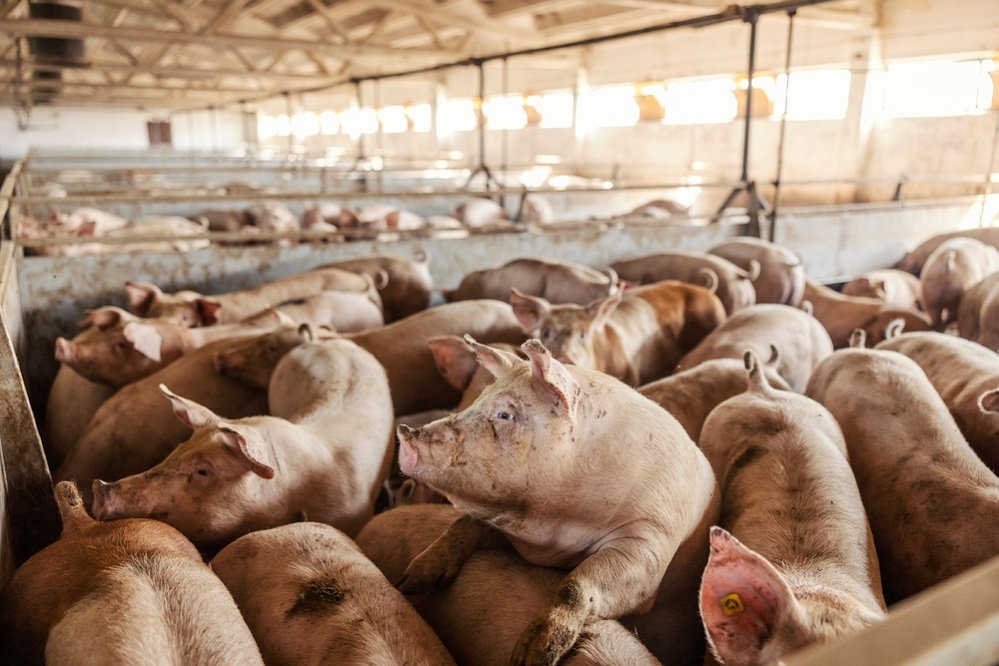
Where to report animal abuse is crucial information to have. Inform on the abuse if you spot it. Give support to ethical organizations and businesses that support animal rights. Join the crowds of fighters who have been battling for reforms in the legislature. Open your home and your heart to a rescued animal in need of a warm place and a loving owner.
The journey might be hard, but don’t give up. I ask you to harness your bravery and join us in this worthy venture. Moreover, you will not only be safeguarding the interests of our fellow animals, but you will be preserving the human values that characterize us – kindness, empathy, and a profound belief in the sanctity of all life.
The time for action is now. Let us be the generation that builds the bridge, that heals the breach of trust and creates a new time of compassion and understanding. Together, we will create a world where no creature is discriminated or mistreated in any way.
Will you be the one to answer the call? The fate of millions of innocent lives is at stake.
FAQs
How many animals are harmed on a global level by abuse?
The statistics are just unimaginably big. The total figure of the animals’ mortality due to animal negligence or abuse annually in the US alone is 10,000,000 animals a year. And that abuse, every 60 seconds across the globe, amounts to at least one animal being abused.
Unfortunately, this is an issue that is not limited to the boundaries of species. It affects animals across the world like domesticated pets, livestock, or wildlife.
What are the different forms of animal abuse that are generally observed?
The pattern of animal abuse can be widespread, and it can be in various ways. It could be a form of physical violence like kicking, hitting, or intentionally inflicting pain.
It could also be a form of neglect by depriving the animals of food, water, or veterinary care. It also covers less visible types of abuse, such as housing animals in inhumane or unhygienic conditions or exploiting them for entertainment or marketing purposes.
What do puppy mills represent and why have they turned into a problem of national proportions?
Puppy mills are dog breeding farms, which are profit-oriented and take no care of animal welfare. Most of the dog breeders tend to keep the dogs in dirty and small cages with a lack of care which later spread to the puppies that are sold to pet stores and the online platform.
There are supposed to be over 10,000 puppy mills in the US, which leads to immense cruelty.
Am I mistaken if I say that keeping wild animals as pets is also a kind of animal abuse?
Indeed, keeping predators and exotic animals as pets is a very serious issue. These animals, like reptiles, amphibians, and big cats, are not the species that can fit into the domestic environment and very often there are just too many challenges to overcome in captivity, from improper housing to lack of special veterinary care.
In addition, 75% of these animals die within their first year since the environment is very different from their natural one.
How the laws and regulations are affecting the situation?
Although every state in the United States has animal cruelty laws, enforcing and prosecuting them are the big challenges. As a response to the cruelty, several federal laws, such as the Animal Welfare Act and the PACT Act, were designed to set standards, and the worst abuses were criminalized.
However, loopholes still exist. Some states already have enacted such stringent measures as, prohibiting the selling of puppies from puppy mills, and there is still the need for more progress in this area.
How can concerned citizens help to eradicate animal abuse?
The foremost thing is to remain alert and call the relevant authorities in case you suspect any abuse. Familiarize yourself with the warning signs and the right procedures for reporting in your particular area.
Volunteer and donate to organizations that are working to combat animal cruelty and protect animals’ rights. And one more thing, please, think about choosing to give a home to an animal that was rescued and that is currently looking for a loving family. Everyone is capable of making a difference.
Conclusion
From domestic pets to wild animals, no species is spared from the betrayal of trust inflicted upon them by human hands. From the horrors of puppy mills to the plight of exotic animals in captivity, serve as stark reminders of the profound ethical and moral responsibilities we bear towards our fellow beings.
But amidst the darkness, there is hope. Legislative efforts like the Animal Welfare Act and the PACT Act represent crucial steps forward, yet the enforcement of these laws remains a significant challenge. It falls upon each of us to be vigilant, to report instances of abuse, and to advocate for stronger protections for animals.
Together, we can be the voices for the voiceless, the champions of compassion and empathy. By supporting ethical organizations, volunteering our time, and opening our hearts and homes to rescued animals, we can contribute to a world where no creature is subjected to cruelty or neglect. We must not turn a blind eye to the suffering of our fellow inhabitants on this planet.
The time for action is now.

